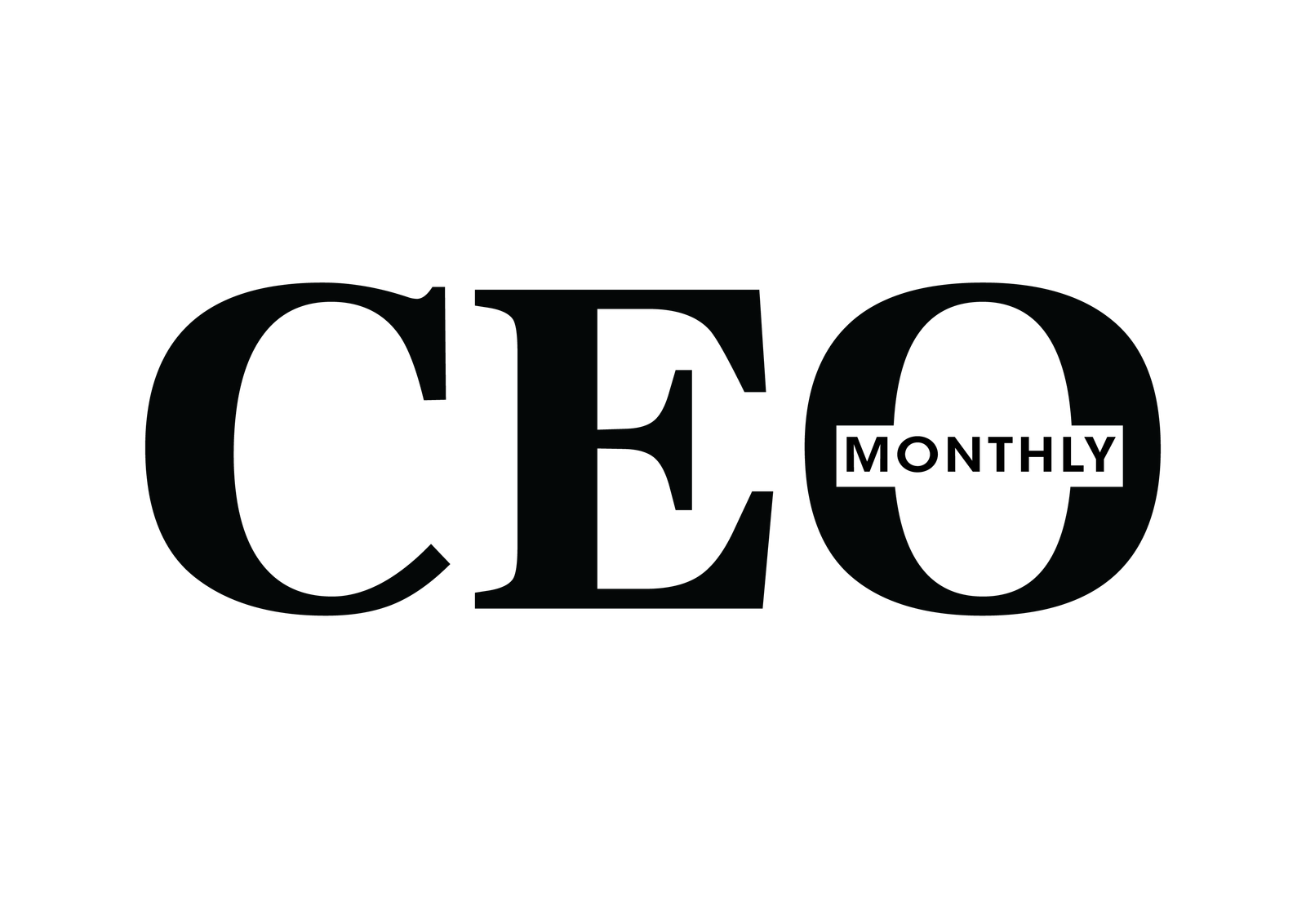“Figure out what isn’t working, learn from it, tweak, try again, keep pressing on.’
Tabetha SheaverTweet
Tabetha Sheaver, Founder of Plus Delta, is an award-winning business professional and project management consultant, with experience from the C-Suite to the production floor. She has won many honors including the US Business News 2019 Technology Elite Award for Most Outstanding in Software ROI Support, and the Project Management Institute’s 2019 Women In Project Management award. Tabetha’s experience and acumen have made her an in-demand speaker and presenter nationwide. For additional information visit their website.
Thank you so much for doing this with us! Can you tell us a story about what brought you to this specific career path?
Tabetha Sheaver: In 2017 I was promoted from a practice lead to the CEO role at Cloud Nine, A PA Group USA company. I had never been a CEO before so I had no idea what I was doing. Obviously, I couldn’t tell anybody that I worked for or that worked for me that so I went searching. I found a book called Traction by Gino Wickman and began using it as my guide for how to run a great business.
It was a smashing success so I did it again at another company and another until I decided to start Plus Delta, where we still use EOS and now get the privilege of teaching it to our clients.
Is there a particular person who you are grateful towards who helped get you to where you are? Can you share a story?
Tabetha Sheaver: There were so many people that were instrumental along the way but the person I owe most of my success to is Lee Forte. She has been the yin to my yang. Whenever things have gotten hard and I questioned if I should press on or give up she was there to show me how far we had come. I now have the pleasure of stewarding this business with her at my side and I wouldn’t have it any other way.
What are the most common mistakes you see entrepreneurs make and what would you suggest they do?
Tabetha Sheaver: The most common mistake I see owners make is they hire then create their structure. Or they “make due” with the people they have. That is a hard way to grow and scale and really hurts you later when hiring. My recommendation; chart out what functions you need in your organization to grow in the next 6-12 months, ie marketing, sales, operations, finance, etc. then identify the 3-7 accountabilities, roles, and responsibilities for that position. Then and only then do you put a person in that seat.
Here’s what I typically see happen… you find a well-rounded person, you hire them as your second or third employee. They are like a swiss army knife. You love them because you can plug them in anywhere as needed but as the company grows they start doing more of the things they like and are best at. You slowly start to hire for the things they don’t want to do or aren’t great at and all of a sudden you have multiple people working across different functions and accountability becomes exponentially difficult. Additionally, if that person leaves you now have to find someone with certain experience, strengths, and likes across functions.
For years I had an employee whose greatest skill set was business analysis but she did 2 really important things in marketing function because she could, because she originally started out doing it and because she liked it. When she left I felt stuck, realizing I would have to hire a business analyst with marketing experience. That greatly decreased the candidate pool. I either had to find a perfect match or change everyone’s role to accommodate the next hire. We re-aligned our structure and changed everyone’s roles but now if a person leaves I have 1 seat to fill instead of 2 partial seats, one in operations and one in marketing.
It is a little bit like hockey. Each player has a zone they are responsible for. If you leave that zone someone should cover your position. If you are not where you are supposed to be in the zone and someone isn’t there to cover the other players don’t know who to pass to- it creates more chaos and players get tired because they are skating all over the ice. Start by knowing the positions, defining the function of that position (offense = score, defense = defend) then go draft the best players for those positions.
Resilience is critical in critical times like the ones we are going through now. How would you define resilience?
Tabetha Sheaver: One of my mottos is “Everything is work-out-able.” That is how I would define resilience. Figure out what isn’t working, learn from it, tweak, try again, keep pressing on.
What is most important to your organization—mission, vision, or values?
Tabetha Sheaver: I subscribe to Purpose, Core Focus, 10-year target, and Values. Purpose is knowing why the company exists in the first place. If you are a CEO you likely have this one under control. Core focus however is a concept I find more CEO’s really struggle with, which ultimately results in your employees feeling like they have whiplash. This is also called “shiny thing” syndrome. Core Focus is knowing what you are better at than anyone in the world. Take Orville Redenbocker.
Their core purpose was popcorn. The most important thing for an entrepreneurial CEO to do is to establish the companies core focus- clearly defining what you will and won’t do. Too many CEO’s and small business owners try to be too many things to too many people. It exhausts your employees, confuses your buyers, and drains valuable resources. You likely won’t see Orville Redenbocker selling fertilizer. He could, he had the experience, but by getting laser-focused on the perfect popping corn he saved a ton of time and money and grew into an iconic brand consumers love. Second in this list would be Values. Every CEO should be using their values to hire, fire, reward, and provide growth opportunities. That is our job as CEOs:
- Define what the company is going to do then
- Build and develop people to fulfill the companies purpose.
Delegating is part of being a great leader, but what have you found helpful to get your managers to become valiant leaders as well?
Tabetha Sheaver: Being a great leader is similar to being a great parent.
- Have a handful of rules.
- Repeat them often (I mean a minimum of 10-12 times).
- Be consistent.
If you are doing these things your managers will see you, model you, and grow into great leaders as well (assuming they “want” it!) Often we try to push managers to become leaders and they don’t want to be leaders they want to be managers. Understanding their mindset is the first step.
Being a CEO of the company, do you think that your personal brand reflects your company’s values?
Tabetha Sheaver: Absolutely! I believe as the leadership team goes so goes the organization. At one point in my career as a CEO for hire, the owner’s values and my personal values didn’t align. It was evident and I ultimately decided to leave for the greater good of the company. You have to have alignment.
How do you monitor if the people in your department are performing at their best?
Tabetha Sheaver: We use a scorecard. They get to help create and define the scorecard so there is no misunderstanding of what is expected. It creates great conversation at the beginning of every quarter and then we monitor weekly to help remove roadblocks and set each person up for success by giving them a measurable. A way to know if they had a great week or not and to see how their role contributes to the larger company goals. You must tie the two together so every individual understands their contribution matters.
What’s your favorite “life lesson” quote and how has it affected your life?
Tabetha Sheaver: You can’t make everyone happy you’re not a taco.
Every time I read this quote I think, “Why do so many people love tacos so much?” Then I think “…because they are simple.”
This quote forces me to not take life or business too seriously, to check my need to “people-please”, and it reminds me to keep things simple.
This interview was originally published on ValiantCEO.
Lenora Hatfield
I'm Lenora Hatfield, a seasoned writer specializing in the realms of business, finance, leadership, and corporate governance. With a keen interest in the dynamics of organizational success, I delve into topics such as marketing strategies and workforce development to offer practical insights and actionable advice.



